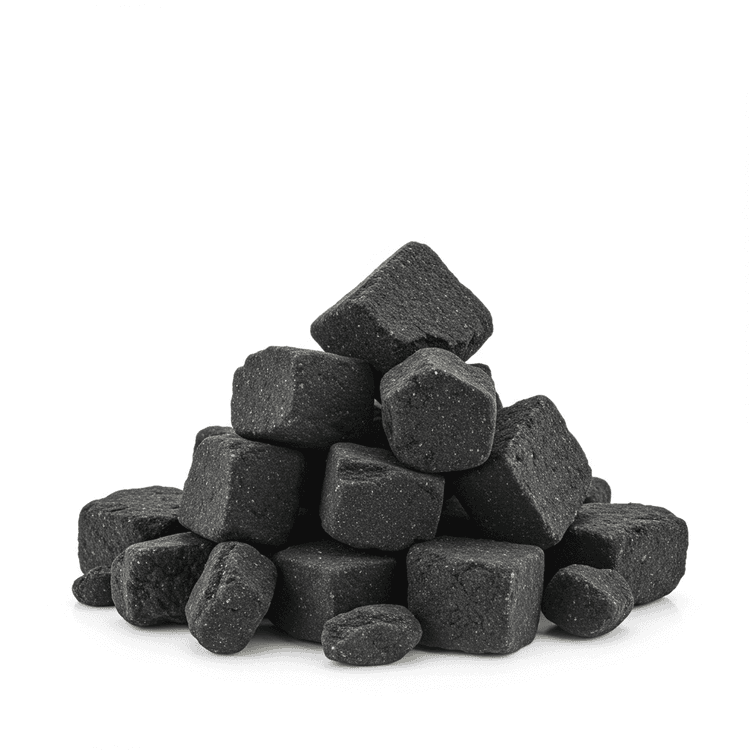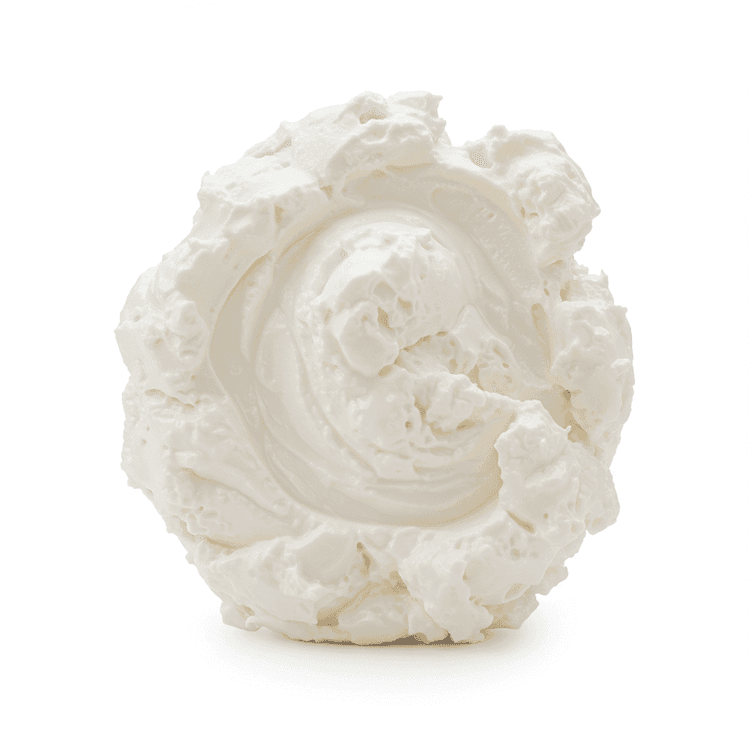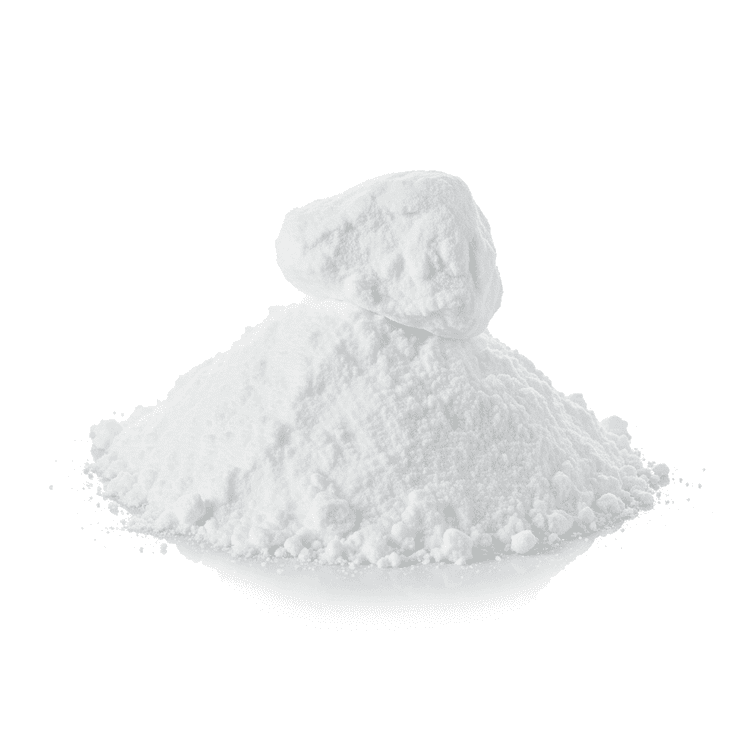
Potash
Potash, also known as potassium carbonate, is a water-soluble inorganic salt primarily used in food preparation to create unique textures. In baking, potash can act as a leavening agent by releasing carbon dioxide when heated, but it's generally used for its softening effect. This ingredient, often found as a white powder or crystalline substance, imparts a slightly alkaline or bitter taste if used in excess. For best results when using food-grade potash, it is important to follow recipe instructions closely to avoid negatively affecting the flavor.
Common Uses
- Softening pretzels: Potash helps achieve the characteristic chewy texture and deep brown color of German-style pretzels, also known as lye pretzels, by alkalizing the dough's surface during a brief submersion.
- Creating specific noodle textures: In some Asian noodles, a small amount of potash can enhance the elasticity and firmness of the noodle, providing a desirable 'bite'.
- Tenderizing foods: Potash is occasionally used to tenderize certain tough vegetables or meats. It breaks down cell walls, resulting in a softer consistency when cooked.
- As a leavening agent: It can leaven in baking by reacting with an acidic ingredient to release carbon dioxide, providing a slight rise, but needs to be used carefully with controlled environment.
- Making bath bombs: Potash is a common ingredient in bath bomb recipes, helping to create a fizzing reaction when the bath bomb is placed in water.
Health Benefits
- May aid in maintaining electrolyte balance, crucial for nerve and muscle function.
- Can contribute to healthy blood pressure levels by counteracting the effects of sodium.
- Potentially supports bone health through its role in regulating calcium levels.
- Plays a role in enzyme activation, which is essential for numerous metabolic processes.
- May assist in carbohydrate metabolism, helping convert food into energy.
Substitutes
Chefadora AI is here.
Experience smarter, stress-free cooking.
Storage Tips
Potash (potassium carbonate) should be stored in an airtight container in a cool, dry place away from direct sunlight and moisture. Exposure to air can cause it to clump or absorb moisture, reducing its effectiveness. Properly stored, it can maintain its quality for an extended period. Avoid storing it near strong-smelling substances, as it can absorb odors.


